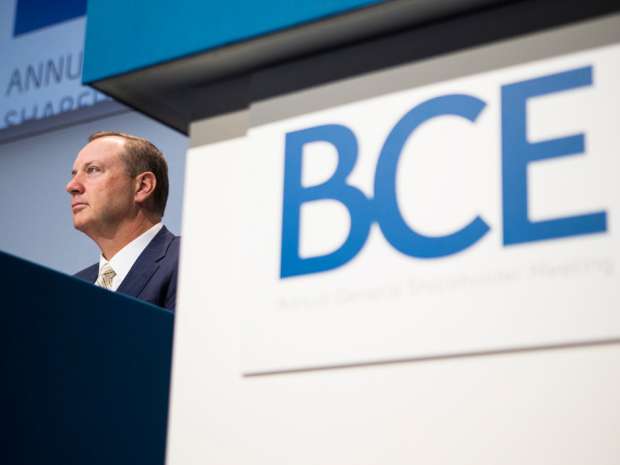This article is a guest contribution by John R. Taylor, Jr., Chief Investment Officer, F/X Concepts.
This week, the US equity market is starting its quarterly earnings ritual and the odds favor a strong performance for the closely followed investor favorites. Although the game is rigged as almost 50% of the corporate managements have adjusted their guidance in the past month trying to lower analysts’ projections down to levels that the companies know they can beat. Despite the opera buffa quality of the process, the S&P 500 companies will still produce a dramatic increase in earnings over the second quarter of 2009. The same can be said of the major European corporations. The increase in corporate earnings and the projection of further increases seems to be universal, and many argue that the positive outlook for thousands of individual companies must sum to an impressive economic recovery.
Despite these positive micro stories, they do not add up to a happy macro outcome. There are several reasons why this is the case, but the result is that the vast majority of the analysts that examine individual companies are bullish and almost all of the macro analysts are bearish, many like us, and dramatically so.
There is a very large segment of the US, Canadian, and European economies that is not part of theglobal equity system and this major fraction of the economies is not doing at all well. Even if theoptimists will retort that moaning about the depressed readings in the National Federation of Independent Businesses (NFIB) reports, the collapse in bank credit, and the sharp decline in the ECRI leading indicators are nothing but anecdotal examples, they should carry at least as much weight as the positive earnings numbers. These smaller businesses represent the lion’s share of the internal and retail economies, while the giants represent almost all of the export and global part of the economies.
The slowdown in the non-S&P sector of the economy is actually reflected in the sluggish increase in the major companies’ top-line revenue, but the tight cost controls that have allowed their reported earnings to keep climbing has exaggerated the decline hitting the independent businesses. The shrinking cost of goods at every Fortune 100 company represents the top line sales of many smaller companies and the take-home pay of thousands of employees. Because nominal GDP is growing more slowly than the outstanding national debt is compounding, it is becoming a more oppressive weight on the “non-S&P” economy, tightening the financial position of small businesses and the consumer.
The macro pessimists actually have academic research firmly on their side. Just two points must suffice here. Keynes famously noted that there was a savings paradox. As I would paraphrase it, if one family saves, it is good for the family, but if all families save, the economy will be ruined. This is happening everywhere. The S&P 500 companies are all saving, by cutting costs – and building giant worthless cash mountains (like they did in the 1930’s) – but this is shrinking nominal GDP as their saved costs are others’ lost earnings. The global economies are all trying to grow by increasing exports, which is the same as saving. If there are no countries stimulating consumption, the world economy will shrink. If all countries try to balance their fiscal books, they are clearly saving. The Eurozone, the UK, and the American states are dramatic examples of this. And if consumers build up their savings, we know what happens to retail sales and the GDP. On top of this the money multiplier comes into play. With the global banking system suffering under an extremely high load of worthless assets – whether recognized or not – and being forced to improve their capital allocation for risk by the Basel II and Basel III rules, banks must cut back the amount of credit that they make available to the economy. The multiplier will force global economies to shrink in the years ahead. Cash is now king, worthless or not, so buy dollars.
Copyright (c) F/X Concepts
h/t: Zerohedge.com












